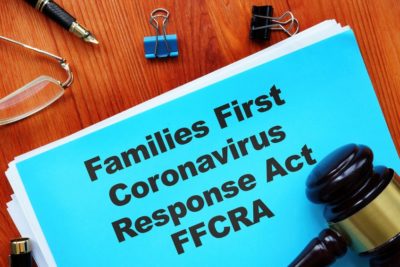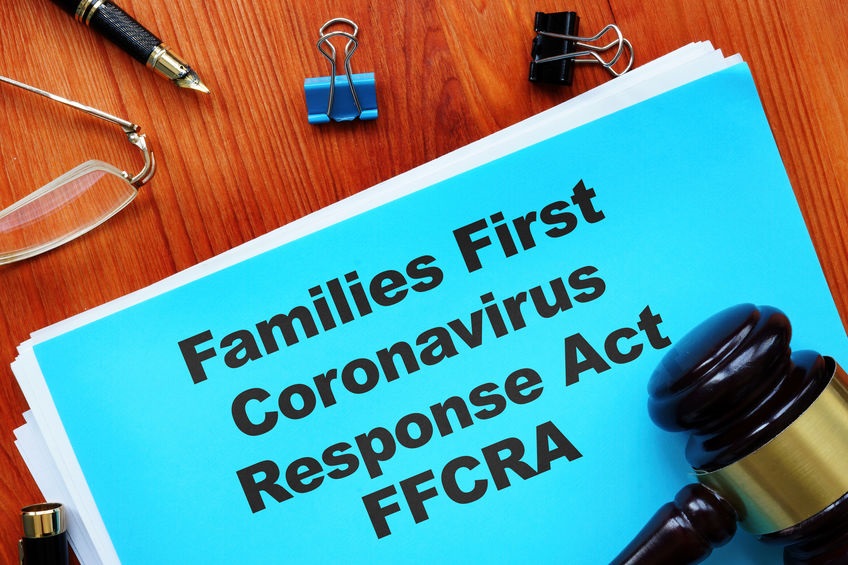FFCRA Leave Entitlements Expired!
The pandemic leave benefits afforded to eligible workers under the Families First Coronavirus Response Act, the FFCRA, officially expired December 31, 2020. As we discussed previously in our FFCRA blogs (available here), at the onset of the pandemic, Congress enacted the FFCRA, which  mandated employers to provide paid sick leave (under the Emergency Paid Sick Leave Act) and paid family and medical leave (under the Emergency Family and Medical Leave Expansion Act) for coronavirus-related absences and/or the need for quarantine.
mandated employers to provide paid sick leave (under the Emergency Paid Sick Leave Act) and paid family and medical leave (under the Emergency Family and Medical Leave Expansion Act) for coronavirus-related absences and/or the need for quarantine.
In the face of again rising infection rates, the timing of the FFCRA expiration on December 31, 2020 leaves many wondering, why now? Now that those benefits are gone, an employee affected by the virus is left subject to their employer’s whim whether they will receive paid leave benefits for COVID-related absences.
Employers Incentivized to Continue to Provide Paid FFCRA Leave
Although an employee is no longer entitled to mandatory FFCRA benefits, Congress enacted the Consolidated Appropriations Act of 2021, the CAA, which incentivizes employers with less than 500 employees to voluntarily provide eligible employees with FFCRA paid leave benefits by extending the available FFCRA tax credits through March 31, 2021. In other words, employers now have the choice to allow employees to receive paid sick or family medical leave up until March 31, 2021. However, an employer does not violate the CAA or the FFCRA by refusing to provide paid FFCRA type of leave entitlements for virus-related absences.
Not All is Lost
Even though employers now have a say on whether an employee gets paid sick leave as was previously afforded under the FFCRA, irrespective, an employer must still maintain compliance with all anti-discrimination and disability accommodations laws—namely compliance with recent guidance by the U.S. Equal Employment Opportunity Commission (available here). For example, if a qualified employee with a disability requires a reasonable accommodation under the ADA because they are at high risk for the virus, an employer should employ a flexible approach to paid leave or other accommodations so as not to violate federal (and parallel state law).
To the extent an eligible employee or the employee’s immediate family member gets the virus, the employee may still be entitled to unpaid, but job-protected medical leave under the Family and Medical Leave Act. The FMLA provides eligible employees working for covered employers with up to 12 weeks of unpaid medical leave in a 12-month period for an employee’s own serious health condition or to care for an immediate family member with a serious health condition. This could include illness and/or complications caused by COVID. On or before the FMLA leave expires, once the employee is cleared to return to work, the employer must return the employee to his or her same or substantially similar position with the same rate of pay and benefits. An employer’s failure to do violates the law.
Conclusion
If you or a family member contracts COVID, in the absence of contractual rights (i.e. an employment agreement or collective bargaining agreement) or other paid time off provided by your employer’s policies, you are not legally entitled to job-protected paid sick leave benefits under the FFCRA because you have to quarantine or for other pandemic-related reasons.
Have questions? Consult with an experienced employment attorney to make sure you know all your pandemic leave and/or other workplace rights.

